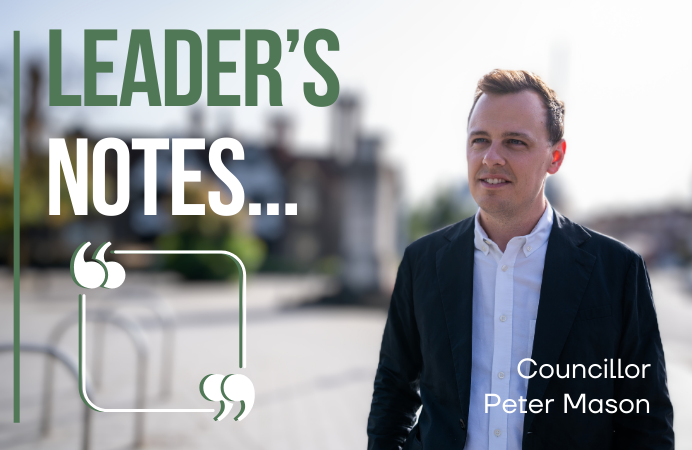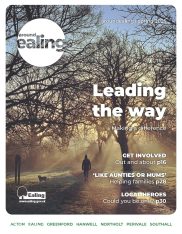Slavery has not gone away. Unbelievably, more than 250 cases were reported in London last year alone. A new national campaign is showing how you might be able to help spot the signs of modern slavery.
The campaign highlights how the problem is ‘hiding in plain sight’ and that there are a number of tell-tale signs of illegal exploitation to look out for. The campaign asks people to ‘Spot it. Stop it.’
It is believed people working in banks, social care or healthcare, or anyone recruiting for jobs, would be most likely to be able to identify potential victims and help authorities to take action. This is because slavery gang masters are known to exploit everyday elements of Londoners’ daily life, such as accessing free healthcare, opening a bank account or being able to claim employment benefits.

In 2018, the Metropolitan Police reported 263 cases of modern slavery in London. In Ealing, 10 potential victims were identified. But thousands of victims are believed to be living and working undetected in London – with forced labour being the most common form of illegal exploitation.
A potential victim may:
• Appear withdrawn, frightened or confused
• Appear unsure or be vague when giving personal details
• Be accompanied by someone who appears controlling or unwilling to leave them alone – and may be posing as their relative or translator
• Not be in possession of their own documents
• Be forced to pay cash wages into someone else’s bank account
• Share the same address as many others.
Nationally, the number of potential victims of modern slavery in the UK has increased year on year, with nearly 7,000 potential victims identified – according to the National Crime Agency, that is an increase of 75% in the five years from 2013-2018. Overall, victims – including children – are also now more likely to come from the UK, with referrals regarding UK nationals in 2017 increasing by 151% from the previous year.
Councillor Joanna Camadoo-Rothwell, Ealing Council’s cabinet member for community safety and inclusion, said: “This modern slavery campaign can help the public to help save victims from a life of exploitation – and even save lives. It is, frankly, astonishing and utterly horrific that slavery still exists, in any form. It must be rooted out and stopped and we wholeheartedly support anything that might pull someone out of this awful situation. I would urge everyone to read the list of tell-tale signs and to stay vigilant.”
More information – and reporting suspicions
You can call the national Modern Slavery Helpline on 08000 121 700 to get help, report a suspicion or seek advice. And you can find out more at the Modern Slavery Helpline website.







